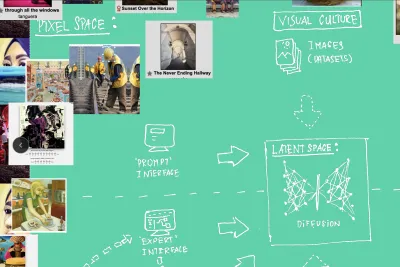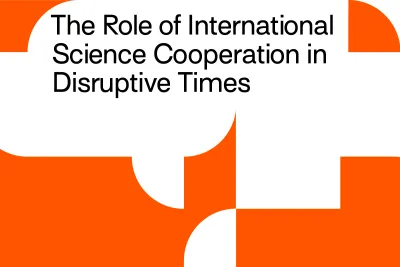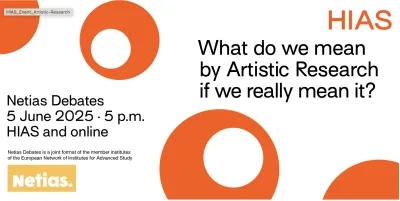We cordially invite you to take part in a Netias Debates at HIAS on Nov. 27-28, 2025.
The purpose is to bring together research fellows within NetIAS and adjacent institutions and to instigate network and conversation on Computational Practices for Pluriversal AI, across disciplinary boundaries and global south and north context.
This Netias Debates is organized by HIAS Fellow Rachel Charlotte Smith in collaboration with the University of Hamburg and the AIAS Institute of Advanced Studies. It follows on from a Netias Debates at Aarhus Institute of Advanced Studies (Jan. 15, 2025), focusing on computational practices in ‘the rest of the world’, and Bologna (Sept. 10-11, 2024), emphasizing European perspectives on natural language processing within computing.
Rachel Charlotte Smith, Aarhus University and Joachim Herz Fellow 25-26 at HIAS
- Lukman Abdulrauf, Guest Professor and Senior Fellow at the Freiburg Institute for Advanced Studies (FRIAS), Germany, Professor of Public Law at the University of Ilorin, Nigeria
- Oluwatoyin Ayodele Ajani, Senior Lecturer in Curriculum and Education Studies at the University of KwaZulu-Natal, South Africa
- Christian Ulrik Andersen, Carlsberg Monograph Fellow at Aarhus Institute of Advanced Studies (AIAS), Associate Professor in Digital Design and Information Studies at Aarhus University
- Manuel Battigaglia, PhD scholar in STS at the University of Bologna, under the supervision of Professor Annalisa Pelizza (Bologna and Aarhus University)
- Deepshikha Behera, IASH Digital Research Postdoctoral fellow at the University of Edinburgh
- Louis Fendji, Associate Professor at the University of Ngaoundere, Cameroon, and head of the Centre for Research, Experimentation, and Production at the School of Chemical Engineering and Mineral Industries, fellow at the Stellenbosch Institute for Advanced Study (STIAS) and Joachim Herz Alumnus 2024-2025 at the Hamburg Institute for Advanced Study (HIAS)
- Fausto Giunchiglia, Professor of Computer Science, University of Trento, EURAI fellow, AAIA fellow, member of the Academia Europaea
- Rikke Hagensby Jensen, Associate Professor at the Department of Digital Design and Information Studies at Aarhus University
- Haftom Bayray Kahsay, Postdoc fellow at Copenhagen University, Department of Food and Resource Economics (IFRO)
- Gertraud Koch, Professor at the Institute of Anthropological Studies of Culture and History at the University of Hamburg
- Nicolas Malevé, artist, visual researcher and data activist, postdoc at SciencesPo/ Medialab in Paris
- Dikeledi Manyekwane, Ph.D. candidate in Geography at the University of Johannesburg
- Chris MuAshekele, postdoctoral researcher at Aarhus University
- Pierre-Alexandre Murena, Junior Professor at the Hamburg University of Technology (TUHH)
- Rachel Charlotte Smith, Associate Professor of Human-Centred Design at the Department of Digital Design and Information Studies at Aarhus University, Joachim Herz Fellow 2025-2026 at HIAS and Associate Fellow at AIAS
- Victor Vadmand Jensen, PhD fellow at Aarhus University's Department of Clinical Medicine






